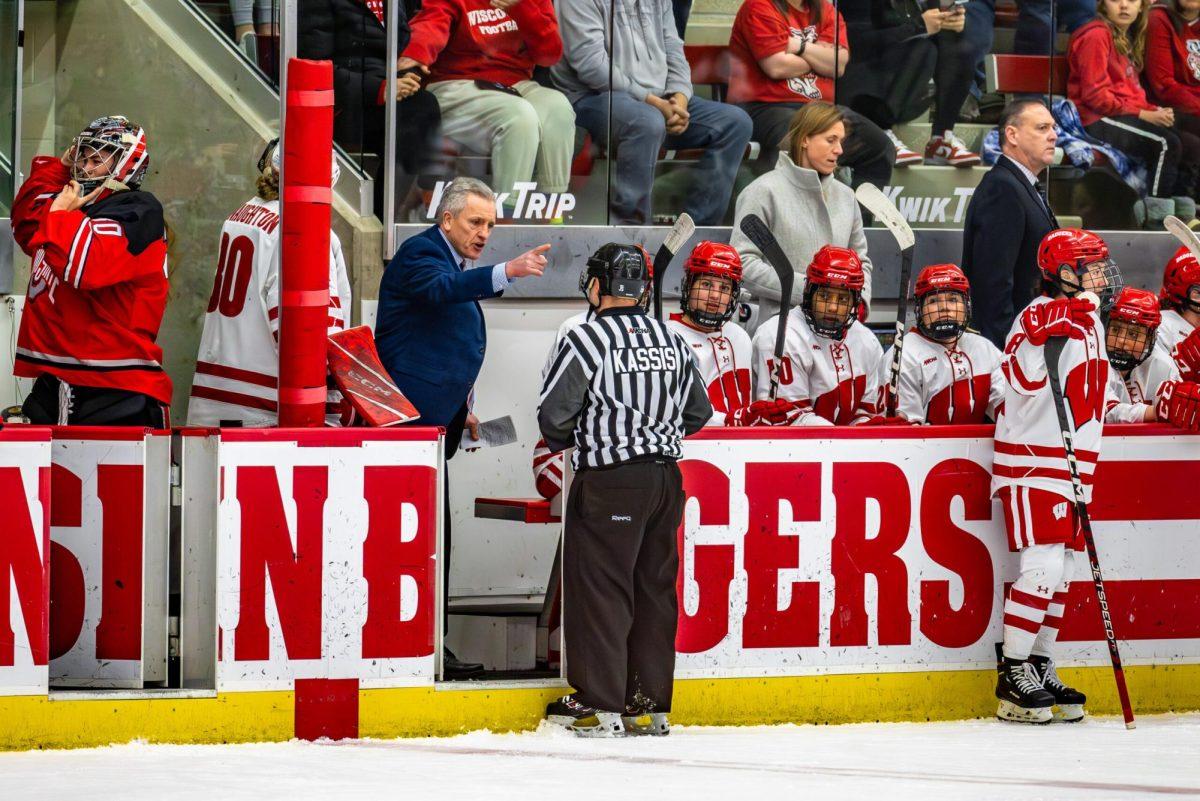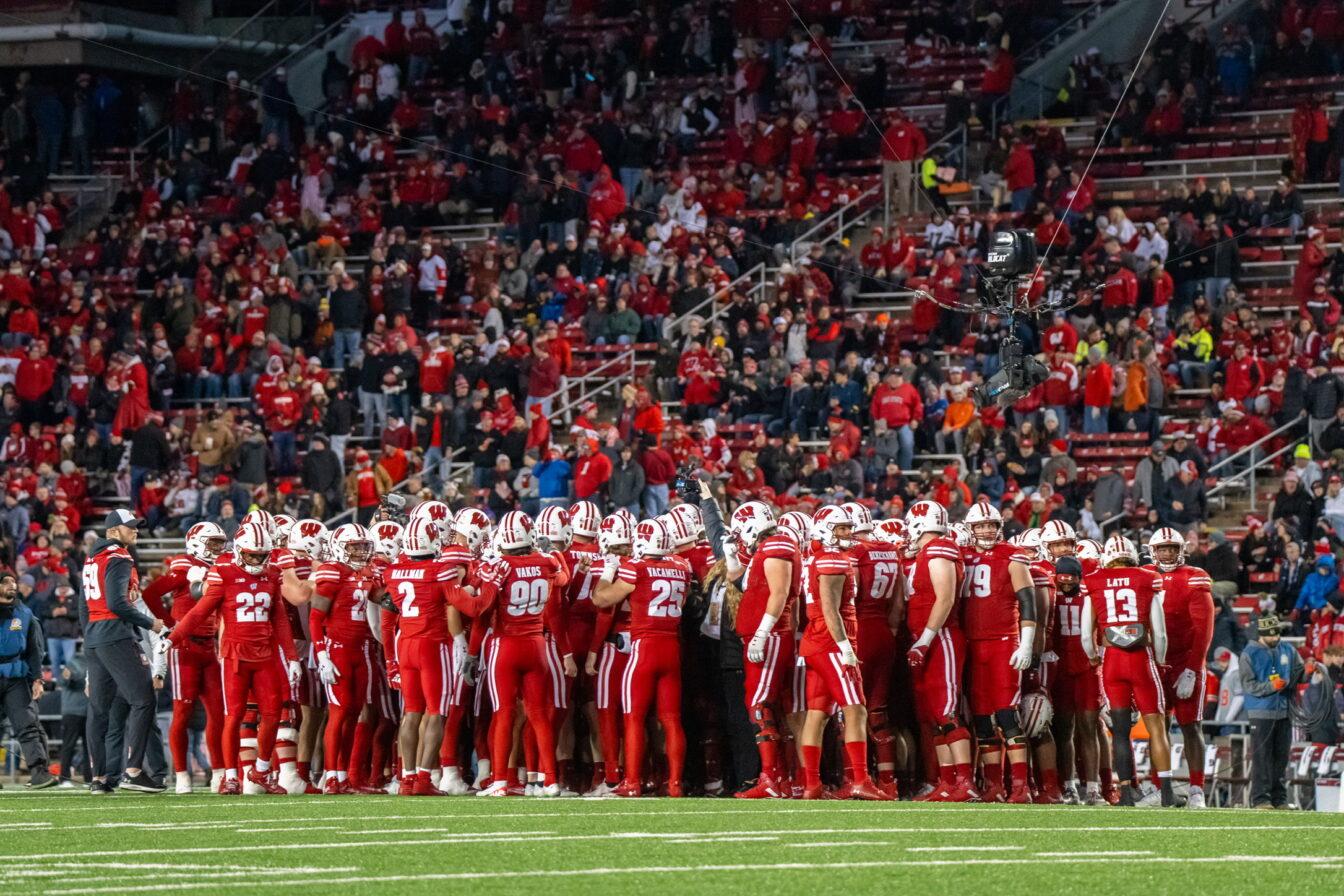Despite the impression a look out the window or a trek up Bascom may give, let me assure you — spring is coming.
Of course, the Midwest and the Northeast continue to be hit by cold and snow, but that’s why baseball begins down south and out west. That’s right, spring training is here.
Pitchers and catchers are in, and by next week, all position players will be, as well, to commence spring training games. Regardless of whether you care about Grapefruit League and Cactus League spring games, you know the thought of baseball beginning again tickles your fancy just a little bit.
In the spirit of being honest with ourselves, though, let’s not forget what the onset of baseball has also come to mean — steroids talk. In an offseason marked by the usual number of big-name transactions (the Roy Halladay/Cliff Lee deals, Curtis Granderson to the Yankees) and talk regarding the biggest names in the game (Joe Mauer’s future in Minnesota), the steroids mess created by the recent decade has generally been pushed aside.
Former steroid cheat Mark McGwire returned to baseball and his old St. Louis stomping grounds as the Cardinals’ hitting coach and A-Rod received good news about the hip that kept him out of the beginning of the 2009 season, but otherwise, the “s-word” has kept itself out of offseason talk. No tearful press-conference apologies nor any performance-enhancing distractions to start this season.
However, with news that a UK rugby player by the name of Terry Newton was given a two-year ban Monday for testing positive for human growth hormone, steroids have worked their way back into baseball’s center of attention. Many have taken this news from overseas as an indication that a reliable test for HGH is now available and are trumpeting American sports — particularly Major League Baseball — to implement such tests.
MLB has banned HGH since 2005, but no test for the substance has been available. Thus, baseball has seen its performance-enhancing drugs policy become widely regarded as a sham. Last year, MLB overhauled its policy to include random drug testing — again, not for HGH — and a tiered suspension system. After the first offense, violators are suspended up to ten days without pay. Next comes a 30-day ban and after that, a 60-day ban.
This year, MLB hopes to administer HGH blood tests to minor leaguers. While it may be a stretch to say these plans stemmed directly from the announcement of Newton’s suspension, minor league testing is the logical first step. However, testing the big leaguers may not be right around the corner. An agreement must be reached with the MLB Players Association before unionized players on the 40-man rosters may be tested.
With the NFL facing the first season without a salary cap since 1993, and the NBA’s collective bargaining agreement due to expire next year, labor issues have become no stranger to sports fans around the nation. MLB’s labor agreement is also due to open in 2011, so the question facing baseball is whether to push for HGH testing now, or wait until the labor talks roll around.
In case you didn’t know, I’m not a lawyer. So, I’m not exactly sure about the legal ramifications of the collective bargaining agreements and contracts between the leagues and their respective unions, nor to what extent steroid testing should be put into the agreements. What I do know, though, is that MLB needs to get HGH blood testing implemented as soon as legally possible.
After decades of magnifying — and possibly enabling — the performance-enhancing drugs situation, baseball may actually be in position to thank Newton. Provided a new chance to give the HGH testing movement some momentum, MLB has an opportunity to bring the steroid era to a close. Already forced to alienate some of its biggest names — Barry Bonds, Sammy Sosa, Rafael Palmeiro and McGwire, before this season — baseball has placed a dark mark on the legacy of the late 1990s and 2000s.
To restore baseball to its glory as the undisputed national pastime — a title the NFL is rapidly seizing — players need to pressure their union representatives to agree to HGH blood testing. Since the 2004 Athens Olympics, a blood test for HGH has existed. Now, six years later, the HGH testing movement is just gaining its biggest momentum. How does that reflect on baseball’s legacy?
While the onus seems to be on the Players Association to relent on their opposition to blood testing because of “privacy issues,” MLB Commissioner Bud Selig stands to gain very much for getting HGH out of baseball. Criticized more than anyone in baseball throughout both the McGwire-Sosa controversy of the late ’90s and the Mitchell Report-marked end to the 2000s, the commissioner cannot afford to continually rely on the thinking that once baseball season gets into full swing, people forget about steroids. Such thinking would only mask the current HGH problem. If a player ends up testing positive down the road, baseball could be dealt a deathblow.
Perhaps more than any other sport, baseball’s history has been partitioned into a variety of eras. The dead-ball era, the WWII era, the expansion era, the long-ball era and the steroids era are some of the most recognizable periods in sports history. As a result, MLB needs to move on. This offseason is proof that no matter how much goes on aside from steroids, the subject will find a way to creep back into the public eye until it is fully eradicated. This is the chance MLB officials, the Players Association, Bud Selig and baseball as a whole have been waiting for — and now they must take advantage.
Mike is a sophomore planning on majoring in journalism. Agree that HGH testing needs to reach the big leagues right now? Let him know at [email protected]



















